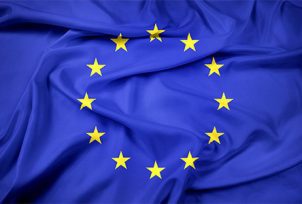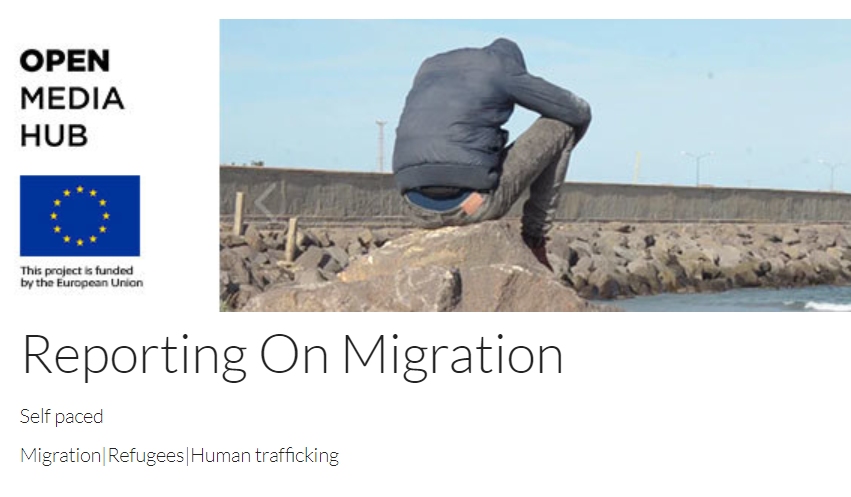EU-funded project works with Palestinian companies to identify saving potentials in energy and material consumption

First findings following the second round of trainings held in Ramallah, Palestine in the framework of the MED TEST II project, implemented under the EU-funded SwitchMed programme, for teams of ten participating companies, identified several sources and causes of losses for the excessive use of energy and materials in the production, which could lead to solutions with the potential to eventually save costs for the businesses.
However, this requires that businesses need to reevaluate their day to day procedure of how they deal with inputs in their production that goes beyond the potentials of energy savings. One of the many benefits in the MED TEST II methodology is the integration of Material Flow Cost Accounting (MFCA) into the assessment process, which holistically seeks to integrate various levels of cost stations in the production by linking the accounting section of the company with the production line. By including MFCA into the RECP approach of MED TEST II, often unknown and hidden cost factors can be identified and exemplified in the production that with small investments can lead to additional savings in material input for the company.
Together with national service providers, the company teams have been able to apply skills and knowledge learned from previous MED TEST II trainings within their working environment and to exemplify the advantages TEST could have for their businesses.
Building on the first results from the companies, criteria will be developed between the environmental, financial and production management during the year, to analyse the feasibility of improvement measures for the generated savings options and hopefully bring interesting results for the companies, addressing local and regional issues of resource and energy supply while simultaneously reducing production costs, hence enabling a behaviour change for a more sustainable production.
The SwitchMed sustainable consumption and production programme aims to promote a switch by the Mediterranean economies towards sustainable consumption and production patterns and green economy, including low-emission development, through demonstration and dissemination of methods that improve resource and energy efficiency. It also seeks to minimise the environmental impacts associated with the life cycle of products and services and, where possible, to promote renewable energy.
Read more




























 Syria
Syria 





